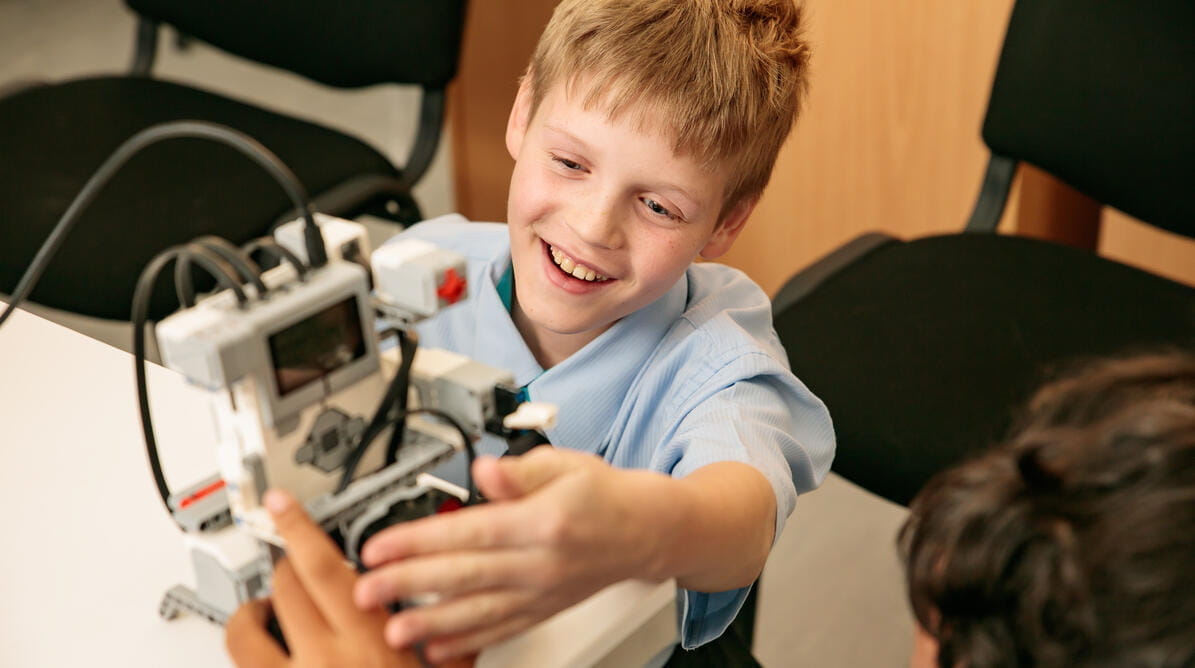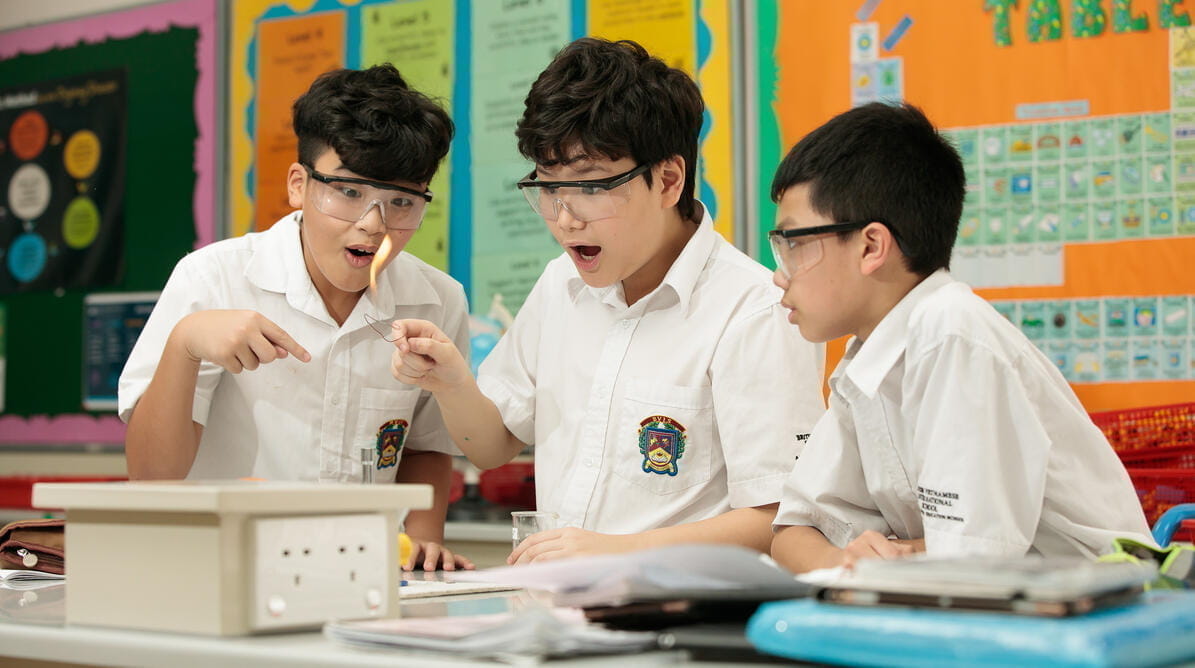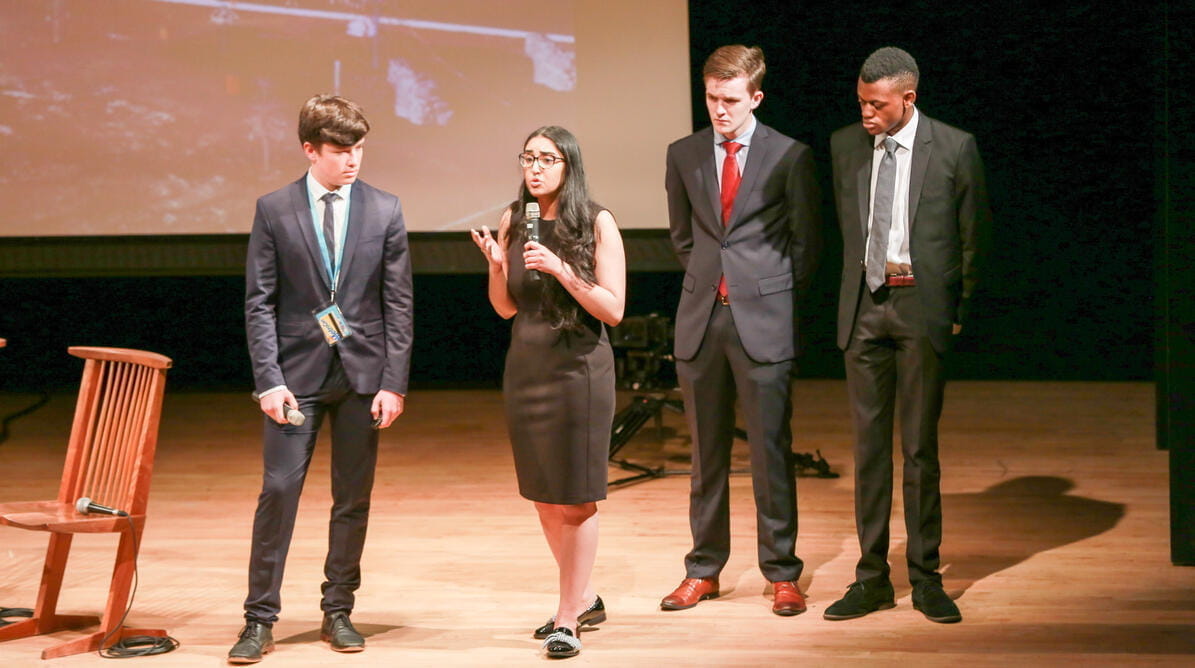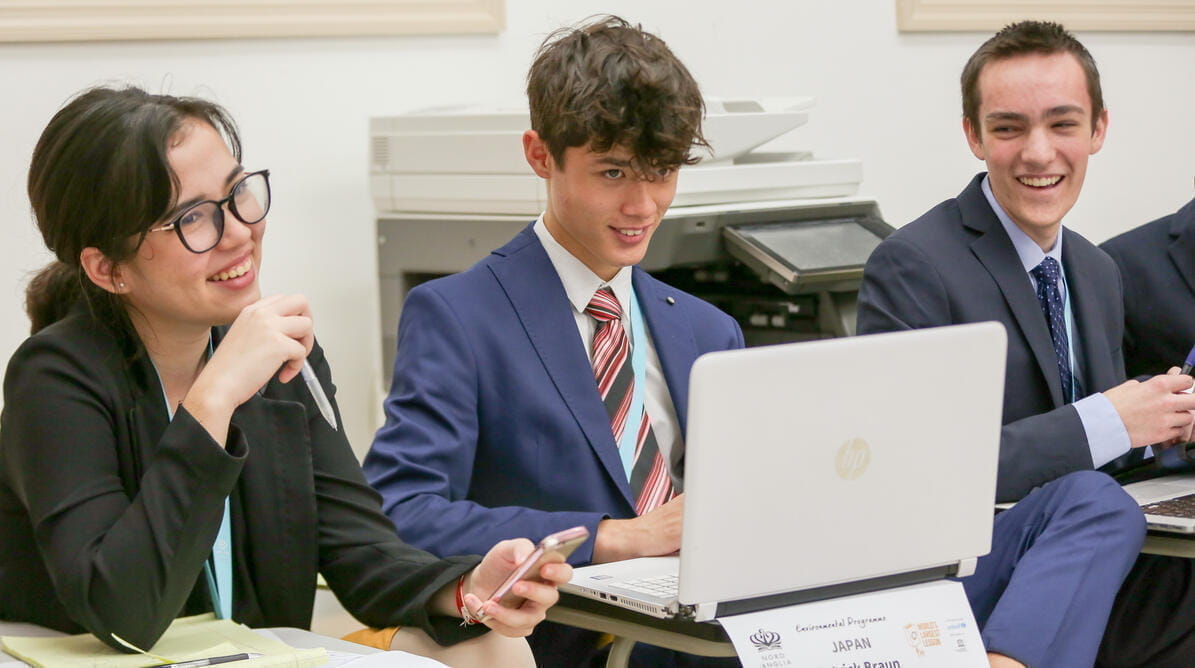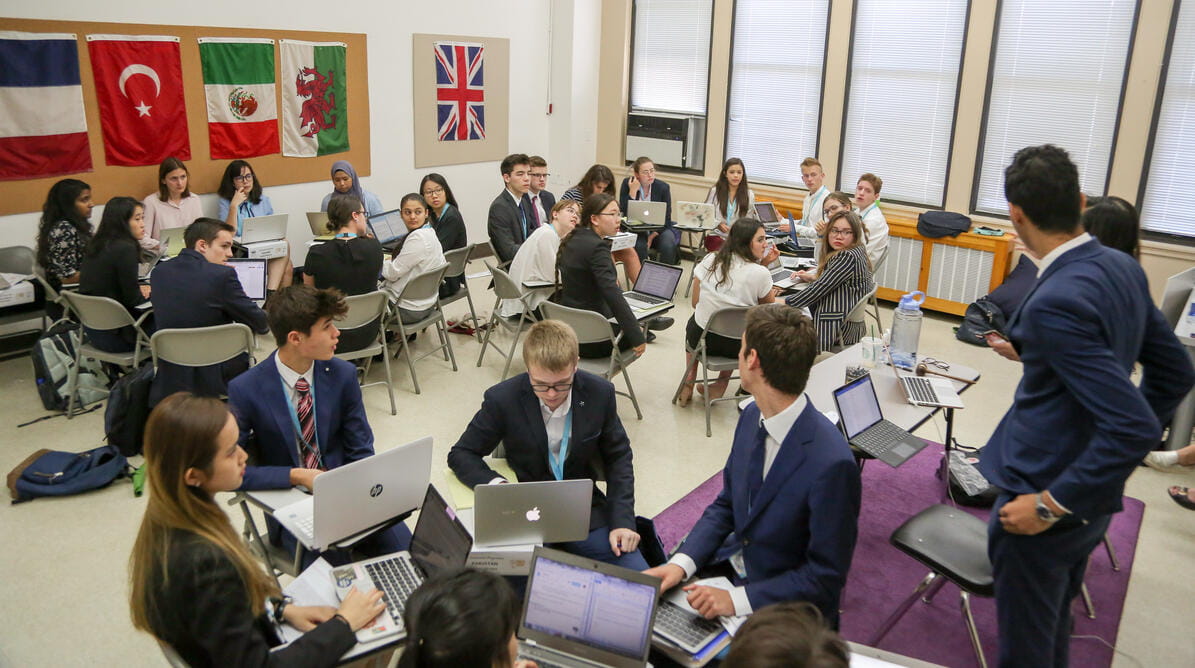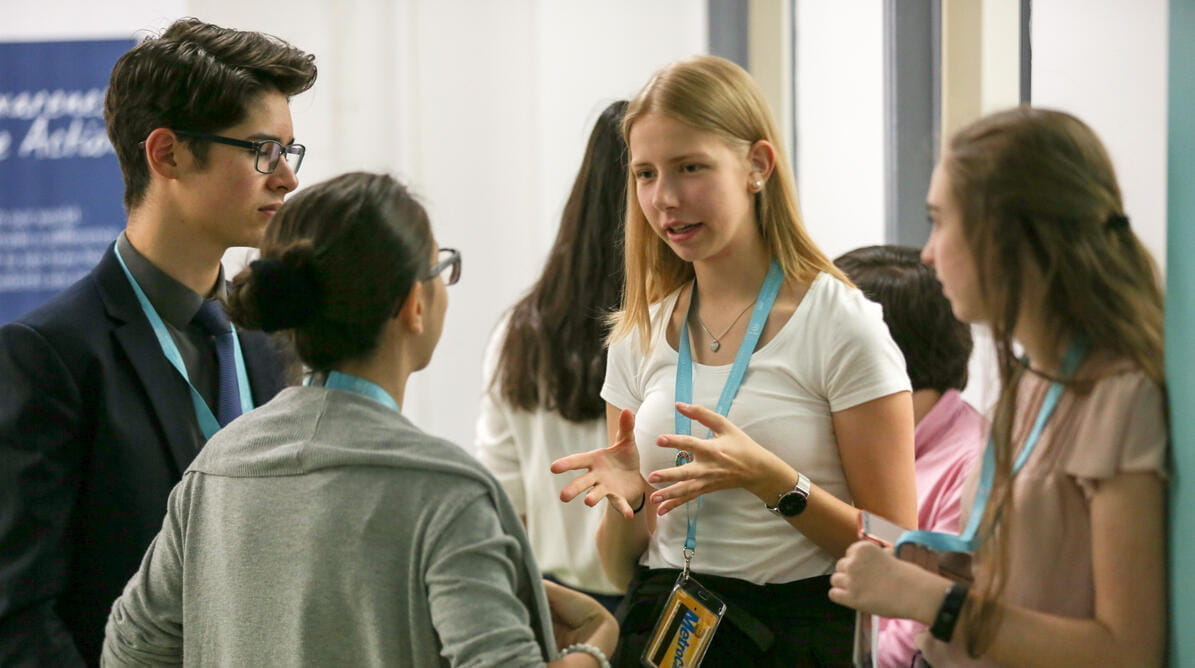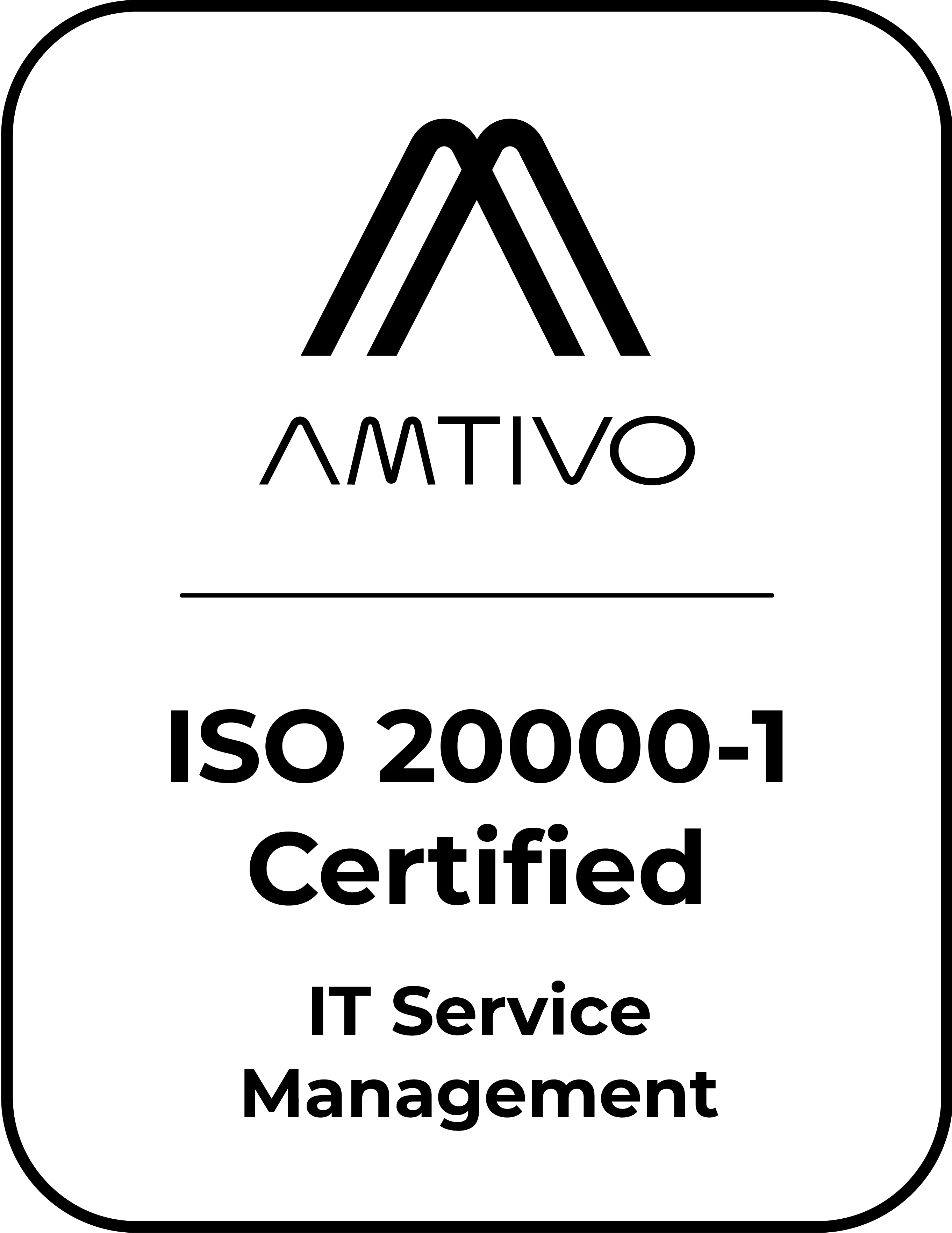At Nord Anglia Education, we believe in developing well-rounded students who are equipped with the skills and mindset to succeed in all aspects of life. Our collaboration with IMG Academy—the world’s leading sports education institution—gives students the opportunity to build confidence, resilience, and leadership through high-performance athletic training and personal development programmes.
Sport is more than just physical activity; it teaches discipline, teamwork, and perseverance—skills that are essential for success in academics, careers, and life. Through this collaboration, students experience IMG Academy’s world-renowned approach to athletic and personal development, with access to expert coaching, wellbeing resources, and mindset training that help them thrive in competitive environments.
Students also have exclusive opportunities to take part in high-performance training at IMG Academy’s state-of-the-art campus in Florida during annual, weeklong events where they work with elite coaches in sports such as football (soccer), volleyball, basketball, and more. Additionally, IMG Academy+ Essentials, an online platform, provides all Nord Anglia students and parents with expert-led courses in mental resilience, nutrition, and peak performance strategies.
Our teachers and support colleagues also benefit from this collaboration, through professional development and training from IMG Academy’s world-class coaches. This ensures our educators stay at the forefront of sports education and can inspire students to reach their full potential. With IMG Academy, we are helping students develop lifelong skills that prepare them for success—on the field, in the classroom, and beyond.
Discover the key programmes within this collaboration, including the "NAE Challenge", IMG Academy+ Essentials, and developmental coaching here.


.png?h=361&iar=0&w=800&rev=40326069b0a84c53affa9dcd53af43c5&hash=D2973AC5FF87B33653AE8D1C8E33720B)
.jpg?rev=0ec02258ab6040c3bf0361c3df9f1eb8&hash=6E64E1F36E18F0A276AB29C60740715D)
.jpg?rev=6309a8803f354fdcb0eda31ba45efb40&hash=A5246013CA5E6EC7DE325C2E79013B04)
.jpg?rev=4c1459d6a941412bab967da37a42885d&hash=FF860963FB4130943BA170EF6BDCC174)
.jpg?rev=da300f0c00dd40cfad47b3c118e1d9b0&hash=2ECFE6DA6B64BD741EBD2353BDA2D1F7)
.jpg?rev=8b56b643ab7d4af4a586f7b6a6ce9ddf&hash=FB0F5593146089280099928E19BC1883)
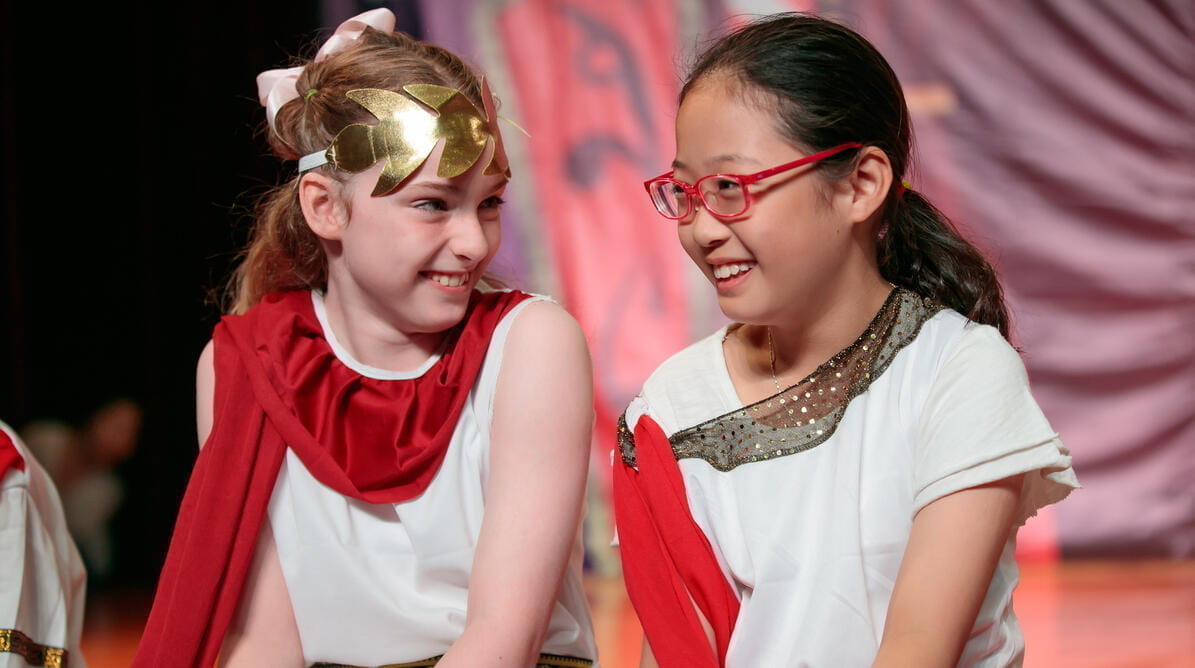
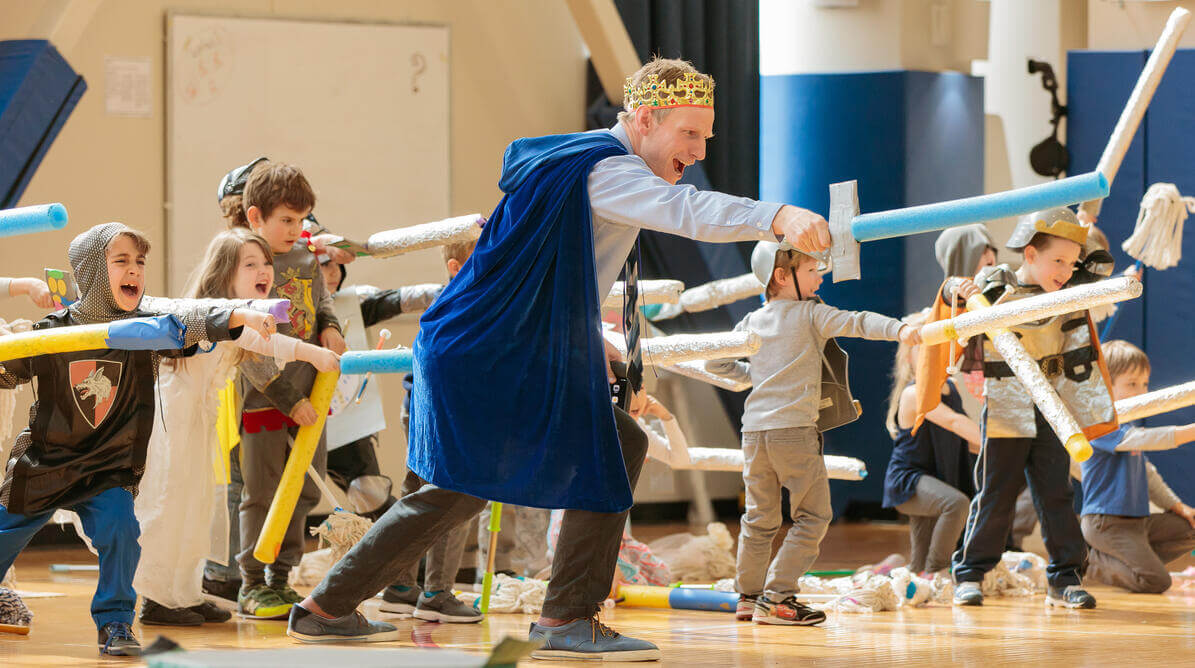
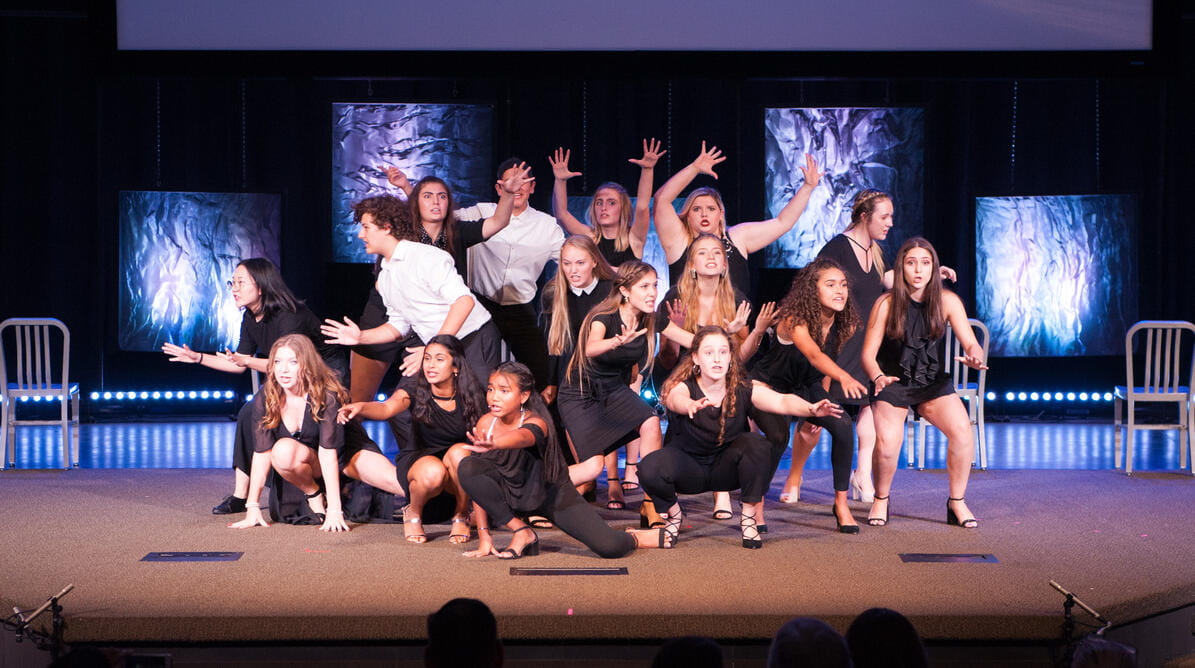
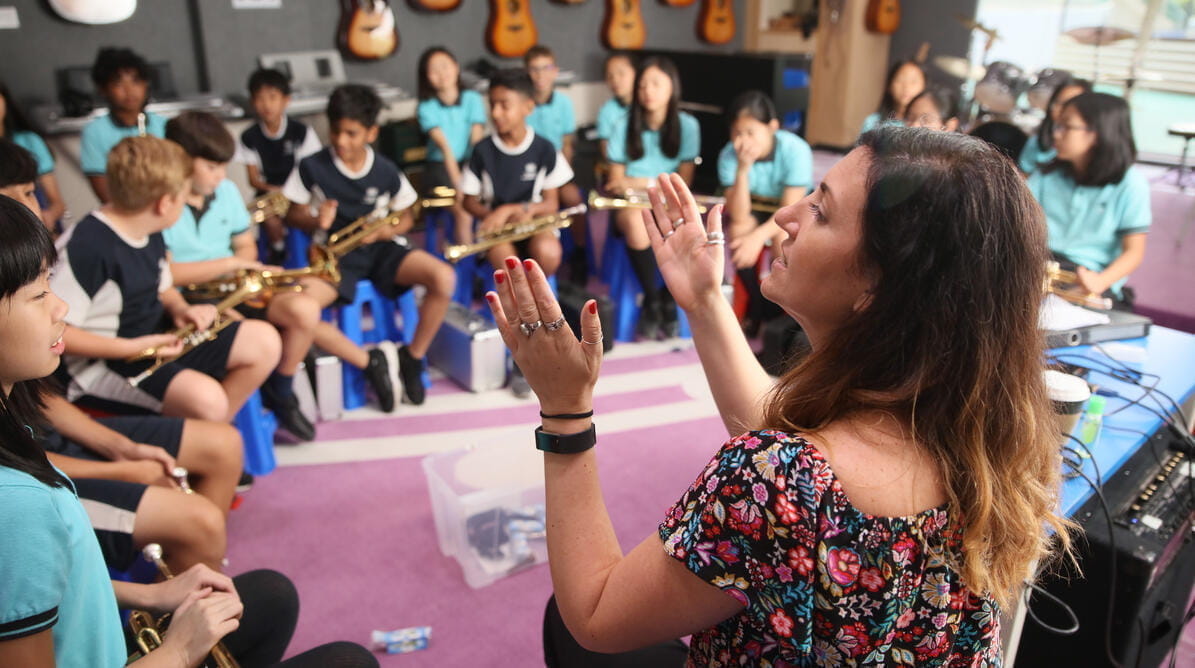
.jpg?h=424&iar=0&w=720&rev=458ed0e017704651a542075e00e64188&hash=C57438B2B264712DA5E9460BFD14C003)

